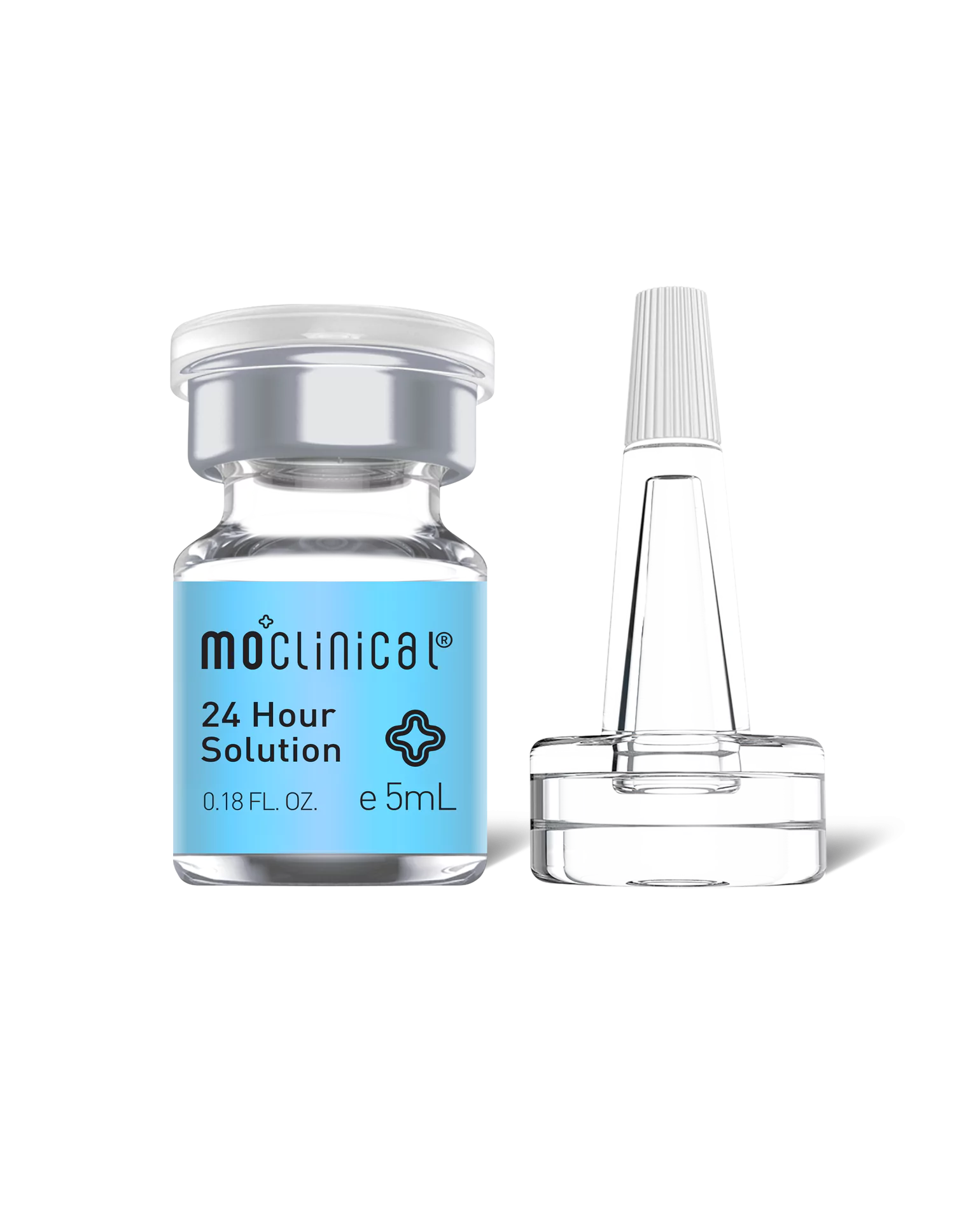Skin cancer is the most commonly diagnosed cancer in the U.S.
Skin cancer is defined as the abnormal growth of malignant skin cells. More people are diagnosed with skin cancer than all other types of cancer combined.
Incidences of melanoma, the deadliest form of skin cancer, have doubled in the last 40 years, and continue to rise. The most at risk demographic is young women in their 20’s and 30’s. Skin is our largest and most exposed bodily organ. Unlike other cancers, the cause of skin cancer is well established. That being, ultraviolet rays from the sun. There are a myriad of ways to help prevent and limit our exposure.
So, if we know the best ways to try and prevent it. Why do incidences of skin cancer continue to rise?
This can be interpreted in several ways. One way is, increased general awareness, leading to an increase in the number of people seeking out regular skin checks.
Recognize The Early Signs
There is a misconception that skin cancer only occurs in light to fair complexion patients.
Skin cancer does not discriminate based on age, gender, or skin type. A lot of darker-skinned people come in at later, more difficult stages to treat because of this misconception. Catching skin cancers at an earlier stage generally improves overall prognosis and outcome. It is important to see a board-certified dermatologist if you find a lesion or mole that has these following characteristics:
- Rapid growth
- Bleeding
- Changing shape, size or color
- Not healing,
- Darkening
- Feeling painful
Ways To Lower Your Risk
UV radiation from the sun can not only cause skin cancer but also premature skin aging.
it reaches you even when you don’t notice. Penetrating clouds, glass, and bouncing off of snow, water and sand. To lower your daily risk of damaging your skin we recommend that you.
- Try to stay indoors/shaded areas, especially between 10 AM and 4 PM
- Use a broad-spectrum UVA/UVB sunscreen with an SPF of 50 or higher every day. For extended outdoor activity, use a water-resistant, broad- spectrum (UVA/UVB) sunscreen.
- Don’t get sunburned
- Avoid tanning, and never use UV tanning beds.
- Cover up with clothing, including a broad-brimmed hat and UV-blocking sunglasses.
- Apply 1 ounce/ 2 tablespoons of sunscreen to your entire body 30 minutes before going outside. Reapply every two hours or after swimming or excessive sweating.
- Examine your skin head-to-toe monthly.
- See a dermatologist at least once a year for a professional skin exam.


